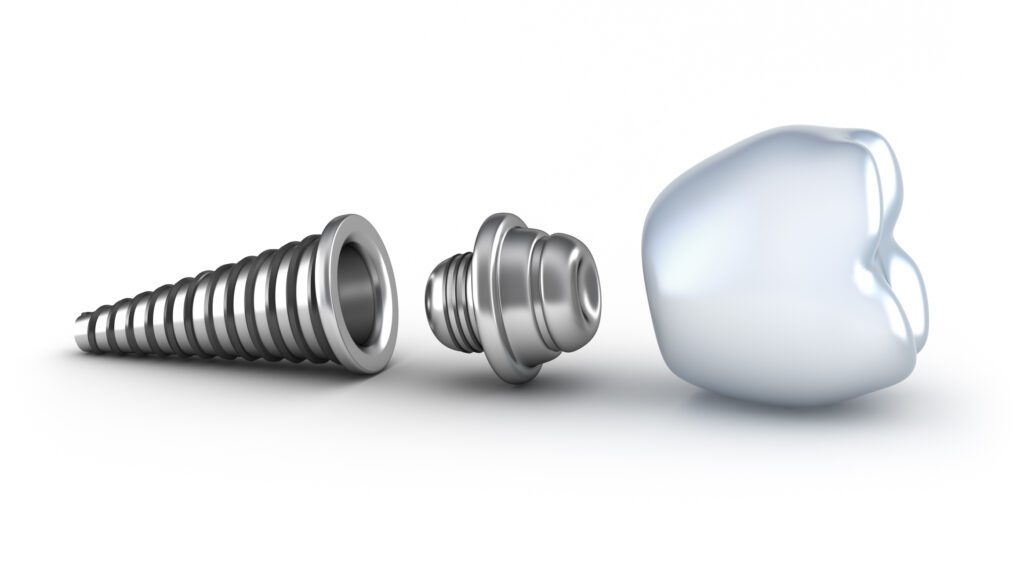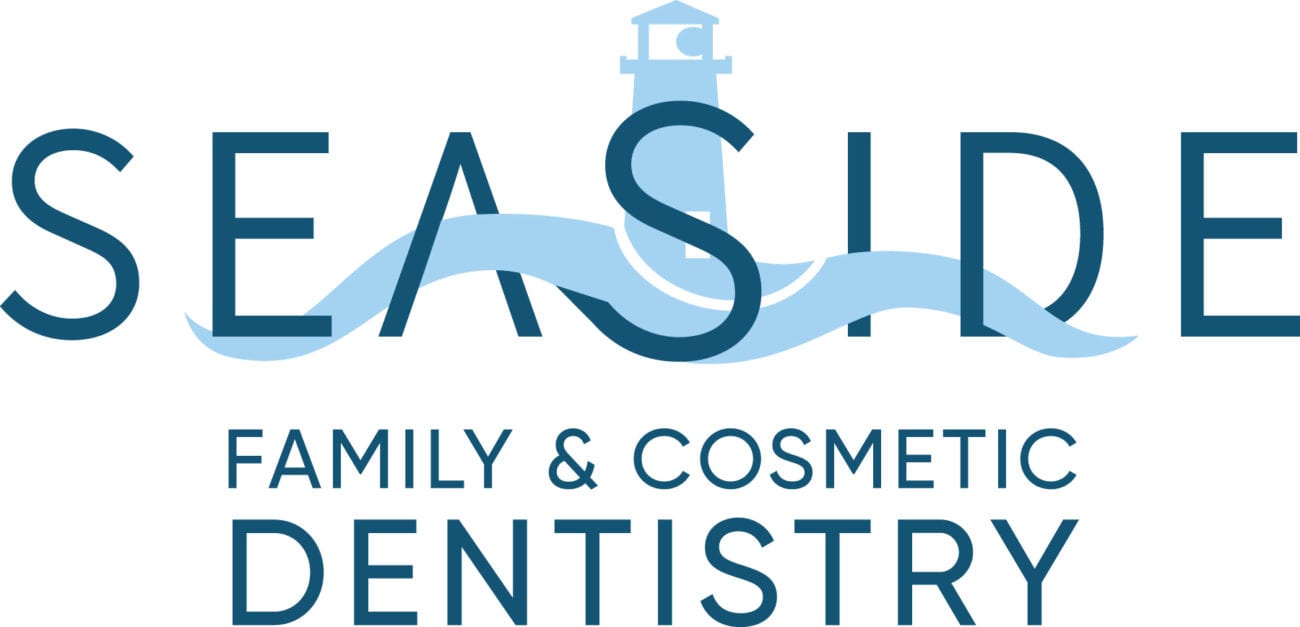Unlike other tooth replacement solutions, our dental implant process in Hampstead, NC, provides a permanent and natural-looking tooth replacement solution. Dr. Lauren Francis and Dr. Rawley Fuller offer several types of implant solutions to accommodate varying levels of tooth loss. However, receiving an implant-supported restoration is essentially the same, no matter which type you need.


The Dental Implant Process
To get dental implants, you will undergo an intricate process involving several steps and dentist appointments. The dental implant process in Hampstead, NC includes the following steps.
Initial Consultation and Assessment
During this crucial phase, Dr. Francis or Dr. Fuller will evaluate your oral health, taking into account factors such as jawbone density, gum health, and any pre-existing dental issues. We will also review your medical history to ensure you can undergo implant placement. This comprehensive examination allows your dentist to determine your suitability for dental implants and formulate a treatment plan to meet your unique needs.
To plan out your dental implant treatment, Dr. Francis or Dr. Fuller will need to use diagnostic images to get a better view of your mouth. We may recommend X-rays or CT scans to gain insight into the structure and density of your jawbone. This will help Dr. Francis or Dr. Fuller identify potential challenges or areas of concern. Some patients lack bone density and must undergo a bone graft to ensure a successful implantation.
The Implant Placement Procedure
Dental implant surgery is performed under local anesthesia to ensure your comfort during the procedure. Your dentist will create a small incision to expose the bone in the gums. The dentist will use precise techniques and specialized tools to make a small hole in the jawbone. Then, they will insert the titanium dental implant.
After your dental implants are in place, a crucial healing phase will occur. Depending on the type of implants you are receiving, you may need a protective cover or healing abutment. Osseointegration will occur, where the implants fuse to the surrounding jawbone. This integration process can take several months, ensuring a strong and stable foundation for the implant.
Abutment and Dental Restoration Placement
Once the osseointegration process is complete and the implant has successfully fused with the jawbone, the next step is to attach the abutments and dental restoration. An abutment is a small connector piece that Dr. Francis or Dr. Fuller secures to the implants. It serves as the foundation for the permanent dental crown, denture, or bridge.
Once the abutments are in place, we will take dental impressions of your mouth. A dental lab will use them to custom-design a dental restoration. They will meticulously craft your new tooth or teeth to match the shape, size, and color of your natural teeth.
When the lab returns your permanent dental restoration, Dr. Francis or Dr. Fuller will carefully place it onto the abutment, ensuring a secure and comfortable fit. This final step completes the dental implant process, restoring your smile and ability to speak, chew, and smile with confidence.
Learn more about dental implants:
- Implant Dentistry
- What are Dental Implants?
- Dental Implant FAQs
- Denture Implants
- Implant-Supported Bridge
Frequently Asked Questions
Are temporary teeth provided while I wait for my permanent restoration?
Yes, dentists usually provide temporary teeth or restorations while you wait for permanent ones. These temporaries protect your gums, help you chew comfortably, and maintain your smile during healing. They also keep teeth from shifting into open spaces. We ensure that our patients have a comfortable, natural-looking temporary until your permanent restoration is ready.
Will I need antibiotics or medications after dental implant surgery?
Many dentists prescribe antibiotics after implant surgery to prevent infection, especially if you have a higher risk. Our office will recommend pain medication or anti-inflammatory drugs to manage discomfort and swelling afterward. You should follow your dentist’s instructions closely to avoid complications. If your symptoms worsen or don’t improve, contact your dentist immediately.
How long do dental implants typically last with proper care?
Dental implants usually last at least 20 years or more, often for a lifetime with proper care. Regular brushing, flossing, dental checkups, and professional cleanings protect your implants from infection and bone loss. Habits like smoking or poor oral hygiene can shorten their lifespan. Taking good care of your implants ensures they stay strong and functional for many years.
Can dental implants be placed if I have gum disease or other dental issues?
Dental implants typically require treatment of gum disease before placement to ensure long-term success. Active gum disease creates inflammation that can prevent proper healing and integration of the implant with your jawbone. Your dentist will first address any existing dental problems like decay, infections, or periodontal disease before proceeding with implant surgery.
Some patients may need preliminary procedures like bone grafting or sinus lifts to create adequate support for the implant. Once these issues are resolved, most patients become good candidates for dental implants.
Do dental implants feel different from natural teeth when chewing or speaking?
Tooth implants feel very similar to natural teeth once they heal. They provide strong, stable support, allowing you to chew and speak comfortably. Initially, implants might feel slightly different, but most people quickly adapt. After fully healing, you’ll likely forget they’re even there.
Can I get dental implants if I’ve had missing teeth for several years?
You can still get dental implants even if you’ve had missing teeth for several years. Over time, bone loss occurs in areas where teeth are missing, which might require a bone graft to create sufficient support for the implant. Modern techniques have made implants possible for most patients, regardless of how long teeth have been missing. Your dentist will evaluate your jaw density with X-rays and determine if any preparatory procedures are needed before implant placement.
Book your Dental Implant Consultation Today
To find out if you qualify for dental implants and to learn more about the dental implant process in Hampstead, NC, schedule an appointment with Dr. Francis or Dr. Fuller. You can reach our office at 910-335-4392 or you can request an appointment online.
